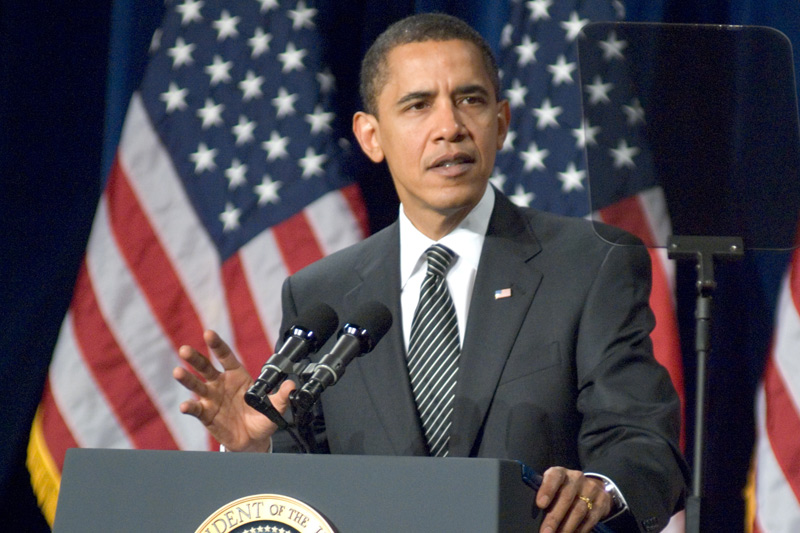Investing.com’s stocks of the week
By Meagan Clark - The Obama administration will collaborate with at least eight government departments and agencies to make a final decision about whether or not allowing construction on the Keystone XL oil sands pipeline will serve the U.S. national interest, according to the State Department.
On Friday, the State Department released a report on the proposed 875-mile long pipeline extension from Canada and through North Dakota and Texas that concluded the project would not significantly increase carbon pollution and that oil production in Canada would change little without the pipeline, utilizing rail transport instead.
Secretary of State John Kerry is reviewing the 11-volume environmental impact study. He will seek comment in the next 90 days from the departments of Defense, Justice, Interior, Commerce, Transportation, Energy, Homeland Security and the Environmental Protection Agency.
The public can weigh in on the decision at www.regulations.gov for 30 days, beginning Wednesday and ending Mar. 7. All comments will be made public.
"The process now goes: agencies comment on what the State Department did, public's allowed to comment, Kerry's going to give me a recommendation," President Obama told Fox News Channel's "The O'Reilly Factor” on Sunday. The show aired on Monday evening.
Obama faces two dissatisfying choices: approve the pipeline and alienate his liberal base and donors (potentially harming Democrats in the November mid-term elections) or reject it and subject his administration to the backlash for three more years.
Or of course, his third and likely option is to put both choices off in the near term by waiting for further recommendations.
Before Friday’s report was issued, White House press secretary Jay Carney preemptively told the media, “These issues are complex – they require rigorous approach and assessments and that is what it is. The process is underway.”
Fifty-six percent of Americans favor the pipeline, according to a recent poll by USA Today, Stanford University and Resources for the Future, a research group. A December 2013 national poll by Bloomberg found the same percentage of Americans favoring the pipeline.
The House has already passed legislation that would permit the pipeline construction, and the Senate also has a bill that Senate Minority Leader Mitch McConnell has said he would like to get on the floor.
But that may not be necessary to authorize the Keystone XL construction. Several House members said Monday that Republican leaders have two strategies to leverage a debt limit extension, the Washington Post reported. One is to trade a one-year extension of the debt limit for the repeal of a provision of the Affordable Care Act that would soften financial risks health insurance companies will face if they operate on the new law’s health care exchanges. The other would trade a one-year debt limit extension for approval of the Keystone XL pipeline.
When asked by press Monday if the president would sign a bill that passed through both houses of Congress, (an unlikely event), White House press secretary Jay Carney said “political interference” has “helped delay a process that by tradition has been run out of the State Department through administrations of both parties.”
“And it’s important that everyone let that process be carried out appropriately on the merits… rather than allowing it to be subjected to ideological or political influence,” Carney said.
That’s what worries former U.S. energy secretary Steven Chu. Chu said Monday that the decision on whether to allow construction of the Keystone XL oil pipeline is political rather than scientific in nature.
“I don’t have a position on whether the Keystone Pipeline should be built,” Chu said at a news conference in Port of Spain. “That is for the secretary of State and the president. But I will say that the decision on whether the construction should happen [is] a political one and not a scientific one.”
Chu later added that he thinks the studies commissioned by the administration were the only scientific part of the decision so far.
